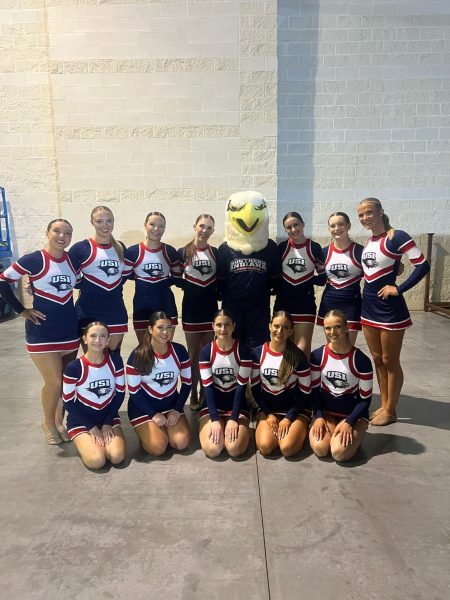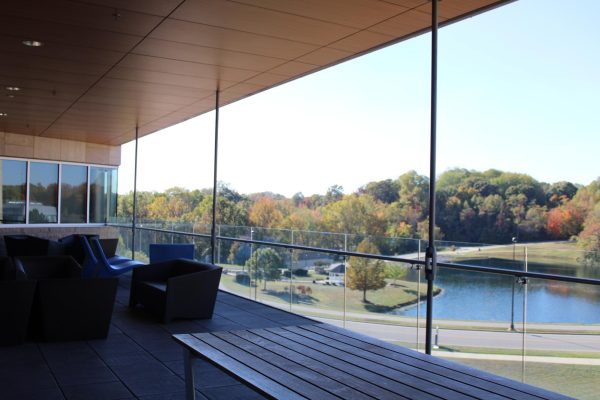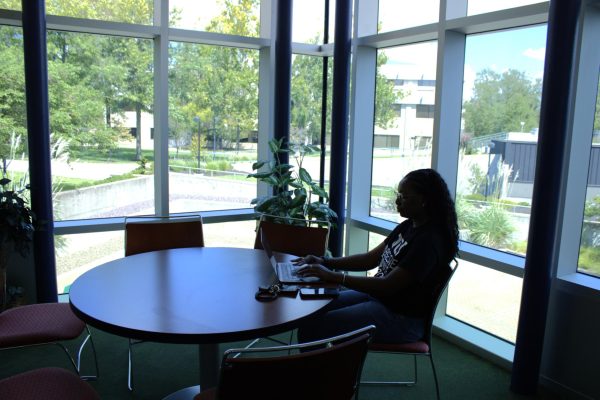The importance of sacred space
Throughout my day I face struggles with prayer, humor and a whole lot of sarcasm.
For me, like many others, prayer is a daily part of my faith. Through prayer I seek understanding and support. Prayer is personal – only between my Creator and I. For me, prayer is often silent. My prayers are said in the quiet of my mind about a loud and chaotic world.
For many other people and religions, however, prayer is more communal. Specifically, for Muslims around the world prayer is an outward and communal act, done five times a day with two or more people together. Muslims must also face Mecca and kneel on a prayer mat to complete their prayers.
In countries where Islam is prominent the call to prayer, or the adhan, rings out over the streets, reminding those who observe the ways of Islam to pause and pray.
America – though it claims to be accepting of all religions – does not follow this practice. Not only is there often no call to prayer in many cities, but it is also uncommon for a person to publicly pray in a manner that requires more movement than holding hands or bowing one’s head.
With the majority of USI’s international students being from North Africa and the Middle East, the problem of a prayer space has become more evident. According to 2014 statistics, 106 of the 225 international students were from countries with large Muslim populations.
The university has recently created a space for students to pray and meditate. This space is specially equipped with prayer mats and allows Muslim students to face Mecca and participate in one of the pillars of their faith.
This is a wonderful step forward in acceptance and accommodation for the university. As a person who understands the importance of a sacred space for prayer – whether it be in ones heart or in a more public sphere, I thank the university for creating a safe area that allows Muslim students to experience the Divine.










